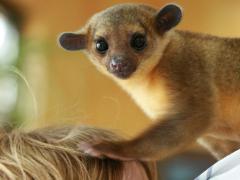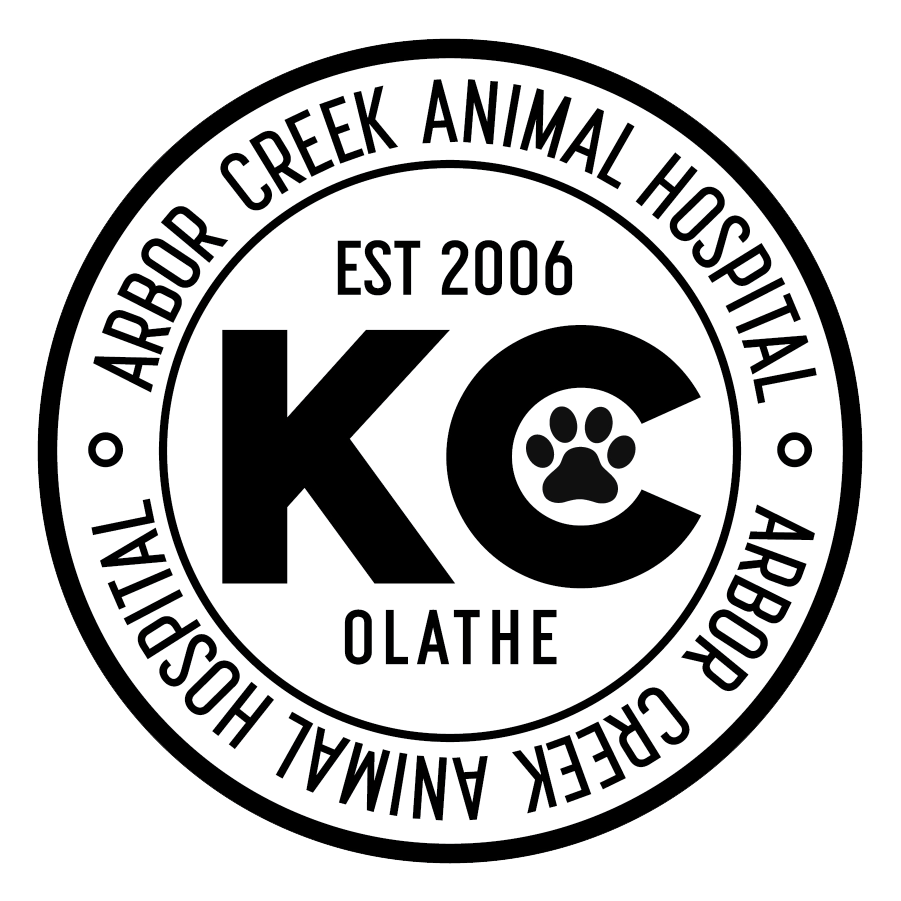
The main groups of exotic animals that we work with here are reptiles, amphibians, small mammals & pocket pets. This includes snakes, lizards, turtles, tortoises, frogs, salamanders, ferrets, hamsters, gerbils, guinea pigs, hedge hogs, kinkajous and more. We can help with nutritional counseling and husbandry issues, basic issues like nail trims and parasite problems, and more advanced medical and surgical issues such egg binding, prolapses, endocrine diseases, and cancer. We also do basic care such as beak, wing and nail trims on birds.
Many of the medical issues with exotic animals are related to husbandry and diet. Approximately 90% of the problems that we encounter are related to diet and/or husbandry. It is very important to know what kind of environment and diet that you will need to provide for your animal before you purchase it. Many people go to the pet store and purchase an animal because it looks cool without doing any research on that animal’s care beforehand. Animals are great at concealing their illnesses until it is too late to do anything about it. Please don’t assume that because it is a small animal that it does not need much. It may take up less space, or need less time in a day, but they often times have very specific living conditions and diet requirements.
know what kind of environment and diet that you will need to provide for your animal before you purchase it. Many people go to the pet store and purchase an animal because it looks cool without doing any research on that animal’s care beforehand. Animals are great at concealing their illnesses until it is too late to do anything about it. Please don’t assume that because it is a small animal that it does not need much. It may take up less space, or need less time in a day, but they often times have very specific living conditions and diet requirements.
Do your homework before you purchase a new animal. If you are going to buy a lizard, find out if it is going to eat mealworms, crickets, vegetables, fruit, or something else like mice or rats. Also find out the temperature and humidity requirements. Is the animal’s optimum temperature 70 degrees like an average room or does it prefer to be closer to 95 degrees? Is 50% humidity in the room enough or does it need closer to 80-90% humidity? Is the 10 gallon aquarium that you buy with the animal going to be big enough in a year? The $70 lizard may actually end up costing closer to $200 by the time you buy all of the other items to go along with it. These are things to consider when you are looking for a new animal.
The same principles apply to birds and pocket pets. Does the animal have special nutritional needs like guinea pigs that need Vitamin C in their diets? Some animals are solitary and some are communal, is it going to stress the animal if he/she is alone or should it have at least one other cagemate?
 It is important to remember that most of the small animals and exotic species are very good at hiding illness and disease. It is also very important to remember that once they do show signs that something is wrong, it typically progresses very quickly. They are very small and it does not take as long for their little bodies to deteriorate. If you are concerned about them please give us a call as soon as you can. It is much easier to treat earlier on! Think of it this way; most of the exotic animals are prey species, so they don’t want to show outward signs of illness or they might get eaten. Remember you are the big, bad predator in their world. Over time, most of them will be conditioned so that they are not fearful of you, but they still will not show their illness until it is somewhat advanced and they cannot adapt to it any more.
It is important to remember that most of the small animals and exotic species are very good at hiding illness and disease. It is also very important to remember that once they do show signs that something is wrong, it typically progresses very quickly. They are very small and it does not take as long for their little bodies to deteriorate. If you are concerned about them please give us a call as soon as you can. It is much easier to treat earlier on! Think of it this way; most of the exotic animals are prey species, so they don’t want to show outward signs of illness or they might get eaten. Remember you are the big, bad predator in their world. Over time, most of them will be conditioned so that they are not fearful of you, but they still will not show their illness until it is somewhat advanced and they cannot adapt to it any more.
The right reptile, amphibian, hamster, gerbil or other pocket pet or small animal can make a fantastic pet! But be fair to it and you and your family by doing your homework BEFORE getting one. Choose one that fits into your home comfortably for everyone!
Please remember that even though these types of pets are often a child’s first pet, and are a great way to teach responsibility, the adult in the home also needs to understand the care requirements as well as assist in monitoring the animal’s health and care. While it is a wonderful thing to help a child learn to care for one of these fabulous pets, young children are not always able to understand what the consequences are if they do not have water for a day or if all they eat is sunflower seeds.

